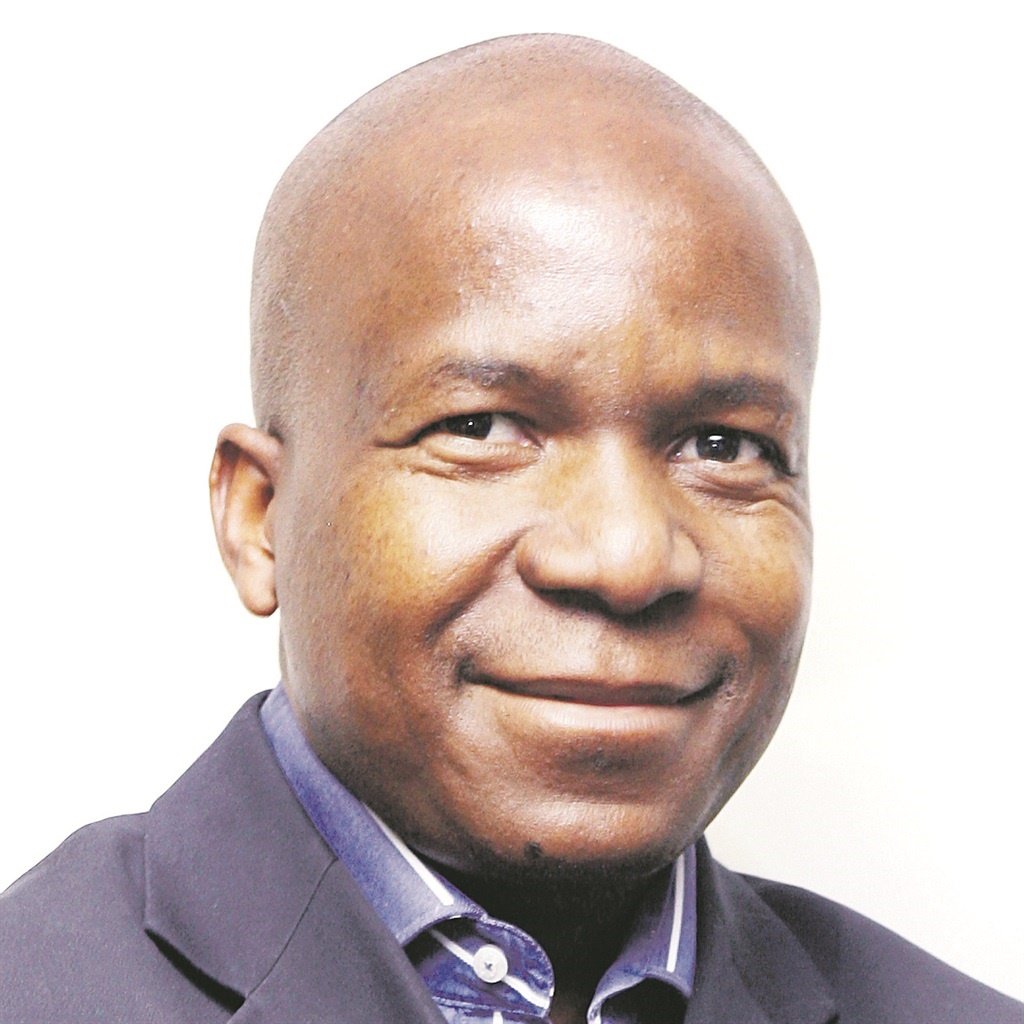
A free media, a vibrant civil society and an independent judiciary are the bedrock of any democracy. Over the past decade, these institutions have played a pivotal role as a bastion against a perilous ruling party and the wicked in our midst.
It is therefore deeply troubling when unnecessary discord, which threatens the integrity of unfolding investigative processes, emerges between the media and the judiciary.
State capture commission of inquiry chair Deputy Chief Justice Raymond Zondo berated some editors and journalists for publishing articles containing allegations by former Bosasa chief operating officer Angelo Agrizzi which had, at the time, not yet been adduced before the commission.
Agrizzi has implicated union bosses and senior government officials in bribery and corruption. These allegations were widely circulated via social media.
Agrizzi’s testimony is the most explosive thus far, and the public interest is best served if care for such witnesses and the integrity of the commission’s processes are safeguarded. Currently, the commission faces possible legal attack and its integrity could suffer as a result.
Zondo accused some journalists and editors of, inter alia, being more concerned with making a profit and contravening commission regulations 11(3) and 12(2)(c).
In response to Zondo’s rebuke, the SA National Editors’ Forum (Sanef) argued that “the media and the public have the right to access documents submitted to the commission and that the media has the right to publish such documents”.
Sanef also said these regulations were at variance with the principle of open justice as they “criminalise journalism”.
Sanef went on to argue that since its inception, the commission had ignored the forum’s many appeals to review “problematic” provisions in its regulations. If this assertion is valid, it is disquieting that Zondo would be insensitive to what is, on the face of it, a reasonable request for a review of commission regulations.
The public duel between Zondo and Sanef is embarrassing. It also raises pertinent issues vis-à-vis public expectations of conduct by the commission and the media.
On the one hand, it is hard not to sympathise with the print media and journalists, especially considering their need “to make a profit” and survive in this competitive and constantly changing social media-driven environment.
Also, most people find it incredulous that the commission would seek to frustrate the media as it seeks to have its legitimate concerns addressed through civil engagement.
Some cynics suggest that with a potentially compromised individual such as the commission’s now-suspended secretary Khotso de Wee occupying key positions, it should have been anticipated that there would be attempts to blunt the commission’s regulations by those in its cross hairs.
It is in neither the commission’s nor the public’s best interests to ignore Sanef. The sooner the commission and Sanef resolve this, the better the public will be served.
On the other hand, it appears that Sanef cannot see the wood for the trees. Sanef members’ apparent contempt for the commission’s regulations, as well as their petulance and obstinate refusal to adhere to said regulations, however flawed, is, at best, regrettable and, at worst, anarchic.
Although there is nothing wrong with newspapers making profits, it would be in bad taste, self-serving and irresponsible to place profits ahead of public interest and witnesses’ safety.
Public interest demands that the commission succeeds in an environment where the rights of the media and the public are safeguarded. Thus, the desire to be the first to publish Agrizzi’s sealed testimony is trumped by considerations of public interest and the bigger picture.
For factual sake, there exists no reasonable apprehension that the commission was disposed to suppressing Agrizzi’s testimony. This begs the question: Why the haste to publish?
In our volatile political sphere, Sanef’s wilful disregard for the regulations may help to embolden those working against the commission’s aims. Already, former president Jacob Zuma seems reluctant to appear before the commission, despite his being central to allegations of state capture.
Sanef missed a chance to take contentious provisions of the regulations on judicial review last year, when Zondo first reprimanded the media for publishing contents of Public Enterprises Minister Pravin Gordhan’s sealed testimony.
Without the brave, selfless media practitioners who, over the years, have relentlessly shone a light on the shady nexus between wicked politicians and businesspeople, we would be none the wiser about endemic corruption in government.
Pardon my plagiarising US novelist and social critic James Baldwin as I posit: A democracy is not imperilled by wicked people; it is not only necessary that some people be wicked but also that many be spineless, obstinate or both.
The media cannot choose which laws and regulations bind it. This is not how media in a democratic order should operate. Equally, for how long is Zondo’s commission prepared to remain tone deaf to Sanef?
The fourth estate and the judiciary have served this nation with distinction. We cannot afford to let these important institutions falter at this critical juncture in our democracy.
Khaas is chairperson of Corporate SA. Follow him on Twitter @tebogokhaas




 Publications
Publications
 Partners
Partners








